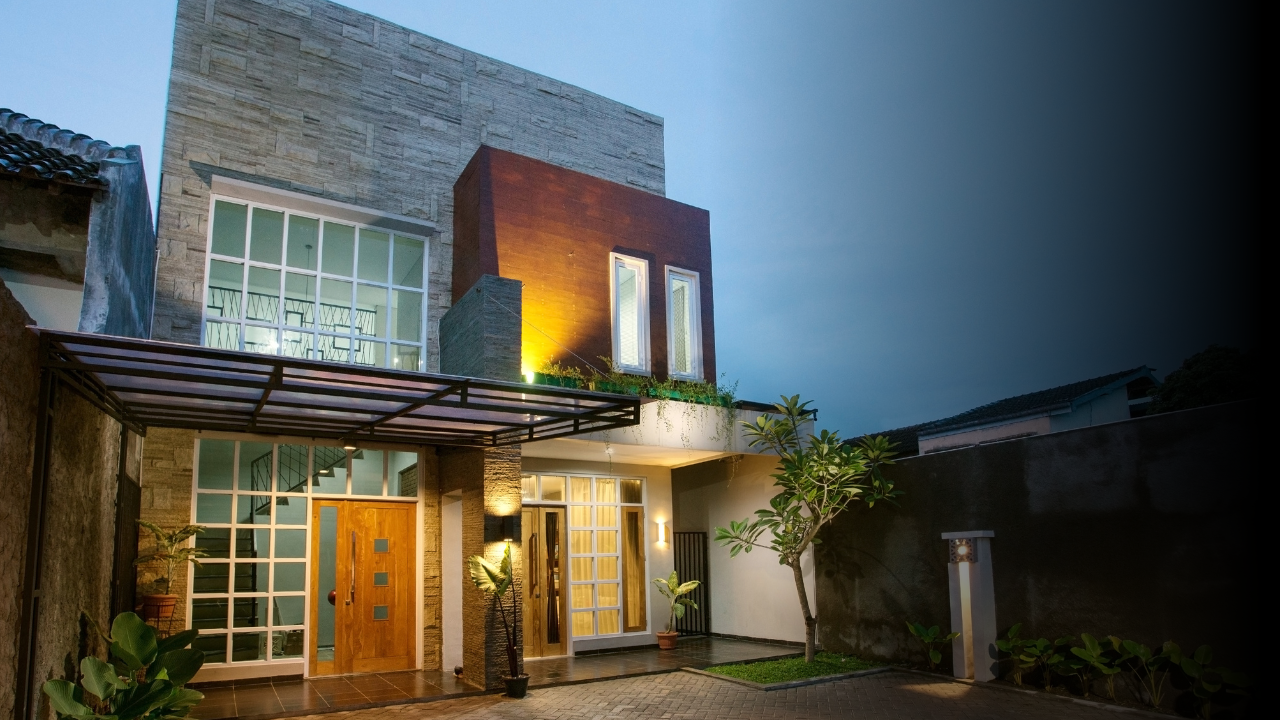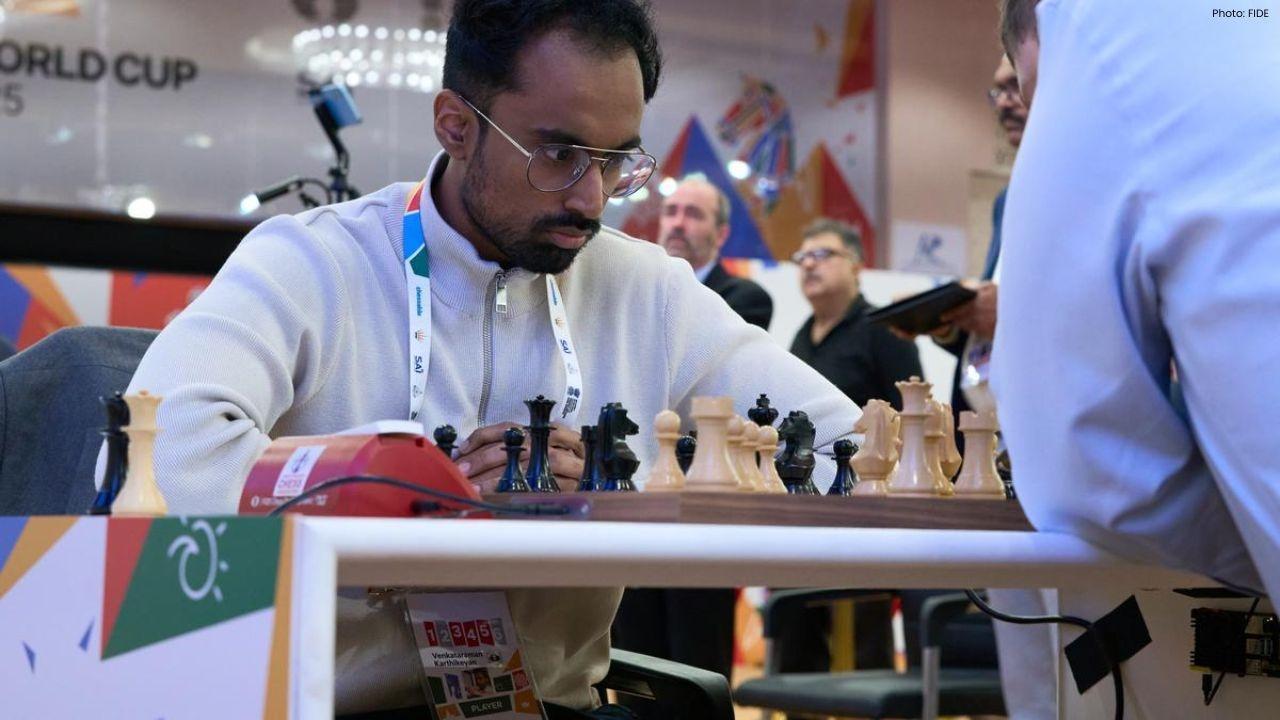
Post by : Sami Al-Rahmani
Disclaimer: This article is for informational purposes only and should not be taken as financial or legal advice. Mortgage policies vary by bank and emirate. Always consult a licensed mortgage advisor or UAE financial institution before making investment decisions.
The UAE real estate market has evolved into one of the most investor-friendly environments in the world, offering expatriates the chance to buy property with bank financing. Whether you’re planning to settle long-term in Dubai, Abu Dhabi, or Sharjah, getting a mortgage as a foreign resident is absolutely possible — provided you meet certain eligibility criteria.
In recent years, government reforms and transparent lending policies have made expat property ownership more accessible than ever. However, the process involves several steps — from verifying eligibility to choosing the right financing plan.
Not all expatriates automatically qualify for UAE mortgages. Banks typically assess your employment status, income stability, credit score, and residency status before approval.
Minimum monthly income: AED 10,000–15,000 (depending on the bank)
Employment: Minimum 6–12 months with your current employer or at least 2 years of self-employment
Age limit: Usually between 21 and 65 years old at loan maturity
Residency: Valid UAE residence visa (some banks allow non-residents with higher down payments)
Credit score: Good credit record from Al Etihad Credit Bureau (AECB)
Tip: If you’ve recently changed jobs, consider waiting until you’ve completed your probation period to improve your approval chances.
In the UAE, down payment rules for expatriates are regulated by the UAE Central Bank.
For properties under AED 5 million: 20% down payment (plus fees)
For properties over AED 5 million: 30% down payment
For off-plan properties: 25%–40% down payment depending on the developer and project stage
Example:
If you buy a property worth AED 1,000,000, you’ll need at least AED 200,000 upfront, excluding registration and processing costs.
Note: First-time buyers should also budget for additional costs such as:
4% DLD registration fee
Mortgage registration fee (0.25% of loan amount)
Bank processing fee (around 1%)
Valuation fee (AED 2,500–3,000)
UAE banks typically offer two types of mortgage interest structures:
Interest rate remains constant for a specific term (1–5 years).
Offers stability and predictable monthly payments.
Ideal for long-term residents who prefer financial certainty.
Interest rate fluctuates with EIBOR (Emirates Interbank Offered Rate).
Can result in lower payments when rates drop but may increase when rates rise.
Suitable for investors who can handle market variations.
Tip: Some banks offer a hybrid option — a fixed rate for the first few years followed by a variable rate.
Applying for a mortgage in the UAE involves thorough documentation. Submitting accurate papers upfront can speed up approval and avoid delays.
Passport and UAE residence visa
Emirates ID
Salary certificate or proof of income
Bank statements (last 6 months)
Pay slips (last 3 months)
Proof of address (Ejari or utility bill)
Property sale agreement (MOU or SPA)
Credit report from AECB
For self-employed applicants, add:
Trade license
Company bank statements (last 12 months)
Audited financials (if available)
Several UAE banks offer specialized mortgage products for expatriates. Some popular options include:
Emirates NBD – Flexible mortgage plans with expat support
HSBC UAE – Fixed and variable rate options, suitable for both residents and non-residents
Mashreq Bank – High loan-to-value (LTV) ratios for salaried expats
ADCB (Abu Dhabi Commercial Bank) – Ideal for long-term UAE residents
Standard Chartered – Global bank offering cross-border financial support
Tip: Use a mortgage comparison service or consult a licensed mortgage broker to find the best rates and repayment terms.
The Central Bank of the UAE sets limits on how much you can borrow based on your income and property value.
Loan-to-Value (LTV) ratio: Up to 80% for first homes (expats)
Debt Burden Ratio (DBR): Monthly debt payments (including the mortgage) must not exceed 50% of your income
Loan Tenure: Up to 25 years, depending on age and repayment capacity
Example:
If your net income is AED 20,000 per month, your total debt obligations (including credit cards and car loans) cannot exceed AED 10,000 monthly.
A mortgage pre-approval is a conditional agreement from the bank stating how much you can borrow. It typically lasts 60–90 days and gives you a clear budget range for property selection.
Advantages of pre-approval:
Shows sellers and agents that you’re a serious buyer
Prevents time wasted on unaffordable options
Helps you negotiate better deals
Tip: Obtain pre-approval before signing a Memorandum of Understanding (MOU) with the seller.
Once your mortgage is approved, the bank will coordinate with the Dubai Land Department (DLD) or relevant emirate authority to finalize the loan registration.
Steps:
Sign the Sales and Purchase Agreement (SPA) or MOU.
Pay your down payment into the developer’s escrow account.
Bank transfers the remaining balance directly to the seller.
Title deed is issued in your name upon registration.
You officially become a property owner once the mortgage registration and title deed transfer are complete.
Your mortgage journey doesn’t end at purchase. Responsible repayment management is key to maintaining good credit standing and avoiding penalties.
Mortgage repayments: Usually monthly over 10–25 years
Property insurance: Mandatory for all mortgage-backed properties
Life insurance: Required by most banks to cover outstanding loans in case of unforeseen events
If interest rates drop or your financial situation improves, you can explore refinancing options. Many UAE banks allow you to shift to a lower rate or longer tenure, helping reduce your monthly payments.
Securing a mortgage in the UAE as an expatriate is no longer a complicated process. With the right preparation, verified documentation, and realistic budgeting, expats can easily finance their dream home in Dubai, Abu Dhabi, or other Emirates.
The key lies in understanding your eligibility, comparing banks, and working with trusted mortgage advisors. Whether you’re buying to live or invest, due diligence ensures that your financial decision leads to lasting rewards.










Suranika Roshan Celebrates The Moon Beam Bakery Opening
Suranika Roshan launches The Moon Beam Bakery in Mumbai, with Saba Azad sharing her admiration on In

Jets Set Franchise Record with Dual Special Teams Touchdowns
The New York Jets made history with two special teams touchdowns, marking a record in franchise hist

Chargers Triumph Over Steelers 25-10 in Dominant Display
The Chargers secured a 25-10 victory against the Steelers, showcasing Herbert's skills and overwhelm

Rams Triumph Over 49ers; Adams Leaves with Injury
Los Angeles Rams defeated the San Francisco 49ers 42-26, but Davante Adams exited late with an obliq

Choosing Between Jurel and Pant: An Indian Selection Challenge
Dhruv Jurel's phenomenal form before the South Africa Tests makes it tough for selectors as Rishabh

Karthik Venkataraman Secures Spot in FIDE World Cup Fourth Round
GM Karthik Venkataraman triumphed over Bogdan-Daniel Deac to advance in the FIDE World Cup 2025, sho